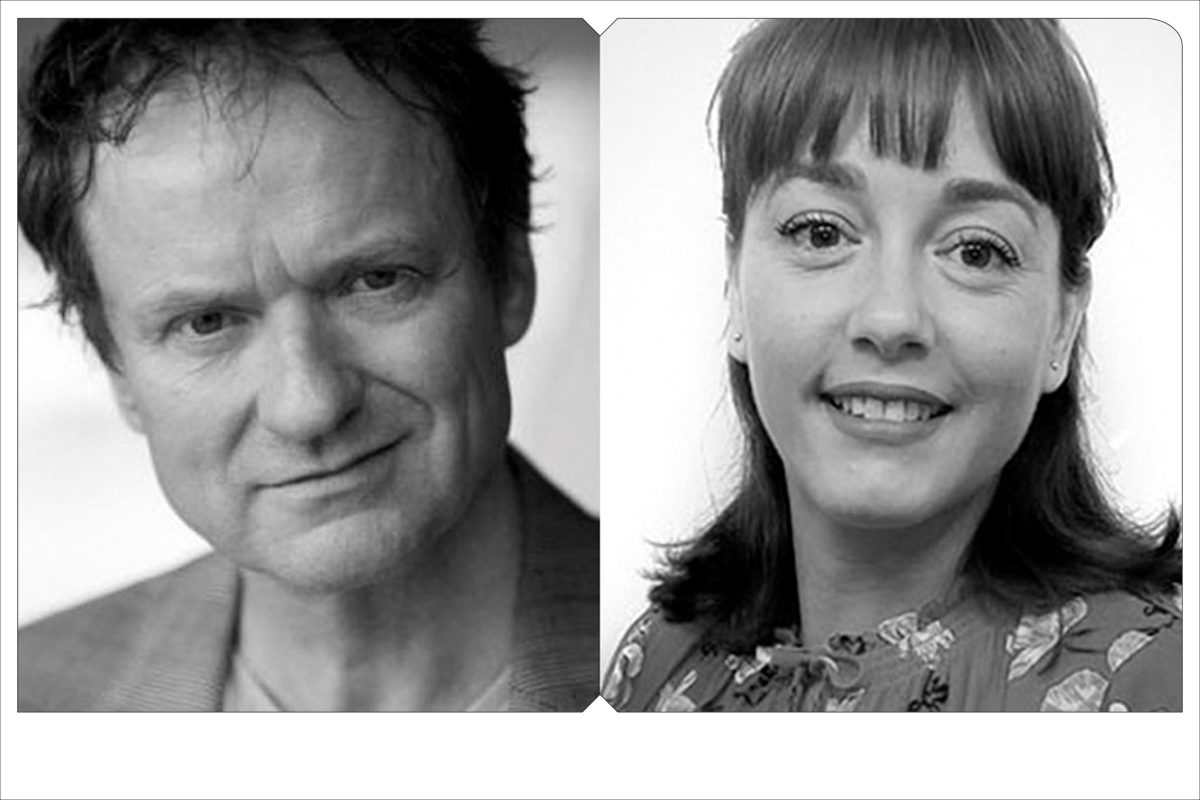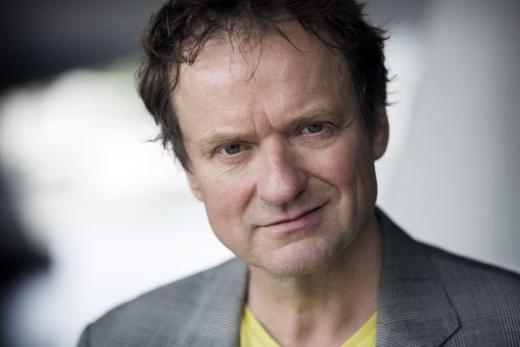Frank Westerman and Taimi Diéguez win the fifth edition of the Granada International Writers-in-Residence Programme (2022)

The fifth edition of the International Writers-in-Residence Programme in Granada (after 2017, 2018, 2019 and 2021 editions), held by the Granada Unesco City of Literature Office (Arts Department of Granada City Council) and the University of Granada, has once again launched its worldwide call for applications through the network of Unesco Cities of Literature, with a very significant increase in applications compared to previous years and a very high quality in general.
A total of 180 candidates were submitted, from the following countries: Afghanistan (1), Albania (1), Argentina (7), Armenia (1), Australia (5), Bangladesh (1), Belarus (1), Belgium (1), Bosnia and Herzegovina (1), Brazil (2), Bulgaria (1), Canada (1), Chad (1), Chile (1), Cuba (5), Ecuador (1), Egypt (1), Estonia (2), Finland (1), France (2), Germany (4), Greece (1), Guyana (1), Hungary (1), Iceland (2), India (3), Indonesia (18), Iran (4), Iraq (1), Ireland (2), Israel (1), Italy (5), Kazakhstan (1), Kenya (4), Lithuania (1), Mexico (5), Nigeria (12), Netherlands (5), Norway (1), Pakistan (1), Poland (7), Portugal (1), Romania (1), Russia (4), Serbia (3), Slovenia (3), South Africa (2), Spain (5), Sri Lanka (1), Tanzania (1), Turkey (2), Ukraine (13), United Kingdom (11), United States (15), and Venezuela (2).
The jury, gathered at the Federico García Lorca Centre on 3 October 2022, and composed of Pilar Núñez, representing the University of Granada, Jesús Ortega, representing the Granada City of Literature Unesco Office (Arts Department of the Granada City Council) and the writer José Miguel Gómez Acosta, have appointed Frank Westerman (Netherlands) and Taimi Diéguez (Cuba) as new Residents in the Granada International Writers-in-Residence Programme.
The jury singled out Frank Westerman’s solid career as one of Europe’s leading contemporary essayists, with a dozen titles of “non-fiction narrative” or “literature of the facts” translated into several languages. Based on specific events, people and landscapes, Westerman offers highly attractive texts that combine narrative and reflection, in which he tackles highly significant issues (the influence of stories and myths on what we call reality, the relationship between artists and power, and the destruction that Eurocentric colonialism has caused in the territories and peoples of the global south, among many others). Westerman’s proposed work for his residency in Granada is related to his new project, which addresses, among other issues, the deeds of European travellers in the 15th and 16th centuries and current concerns about climate change.
The jury highlighted the quality and brilliance of the playwright, poet and narrator Taimi Diéguez’s literary writing, one of the most outstanding of the young generation of writers in Cuba. Dramatic writing and poetry are constantly intertwined in her work, which reveals a great ambition in terms of approach as well as a solid intellectual and aesthetic formation, and in which a strong future projection can be perceived. The project Diéguez is going to work on in Granada, a collection of poems, is coherent with the literary path he has been following up to now, and will propose an exploration of one of the classic themes of Western tradition, beauty, based on philosophical, ethical, aesthetic, social, political, etc., and through a dialogical structure of opposing characters in dramatic and narrative confrontation (day and night, master and disciple, etc.).
Frank Westerman

Frank Westerman (Netherlands, 1964) is one of Europe’s leading contemporary essayists. With a university degree in Tropical Agricultural Engineering, he has been a press correspondent for Dutch media in Belgrade and Moscow. His career as a writer can be related with the so-called “literature of the facts”, put into circulation in Europe by Richard Kapuscinski, although he is comfortable with similar denominations such as “literary journalism”, “essay-by-reportage” or “travelogue”. Among the books he has published, we highlight here De graanrepubliek (The Republic of Grain) (1999), Ingenieurs van de ziel (Engineers of the Soul) (2002), El Negro en ik (El Negro and Me) (2004), Ararat (2007), Dier, bovendier (Brother Mendel’s Perfect Horse) (2012), and Stikvallei (Choke Valley) (2013). His stories combine “scientific knowledge, autobiographical experience and social criticism” (César Rendueles). Westerman is an admirer of writers as Javier Cercas and Emmanuel Carrere. In his own words: “I love facts and also stories: science and literature, geology and mythology”.
Taimi Diéguez

Taimi Diéguez (Havana, 1990) has a degree in Dramatic Arts from the Universidad de las Artes ISA in Havana, and has completed her training in residencies, workshops and international seminars, including workshops at the Royal Court Theatre in London (2016) and the residency-seminar for playwrights Panorama Sur, in Buenos Aires (2019). She has published poetic and dramatic texts in various anthologies and magazines, and among other books, the collection of short stories Piedras a los varones (Stones Against Men) (2020; Hermanos Loynaz Prize) and the plays Con la ropa de mi madre. Obra para ser dicha por el perro hembra (In my Mother’s Clothes. Play To Be Said by the Female Dog) (2019; Fundación de la Ciudad de Matanzas Award), Demonio sobre césped cortado (Demon on Cut Gras) (2020; José Jacinto Milanés Award), and Matanzas sobre la nieve. Drama semiepistolar (Killing in the Snow. Semi-epistolary Drama) (2020; Fundación de la Ciudad de Santa Clara Award). Her plays have been staged by professional companies in Cuba and presented at international festivals in America and Europe. Her play Con la ropa de mi madre. Obra para ser dicho por el perro hembra has recently been translated into French.
Winners of past editions of the Granada Writers-in-Residence Programme
2021: Iosi Havilio (Argentina) and Paulina Flores (Chile)
2019: Marli Roode (South Africa-UK) and Luciana Jazmín Coronado (Argentina)
2018: Sahar Delijani (Iran-USA) and Aleksandra Lipczak (Poland)
2017: Kirsty Logan (Scotland, UK) and Petra Zist (Slovenia)
Involved institutions
Granada UNESCO City of Literature, which depends on Granada City Council’s Department for the Arts, in partnership with the University of Granada (through its University Outreach and Patrimony Unit, International Development Unit, and Social Responsibility, Equality and Inclusion Unit, and the Corrala de Santiago Residency), is launching a new international Granada Writers in Residence Programme. The purpose of this programme is to strengthen international partnerships in the arts sector in general and in the field of writing in particular, which is one of the main objectives set by the city of Granada as a member of the UNESCO Creative Cities Network (UCCN).





